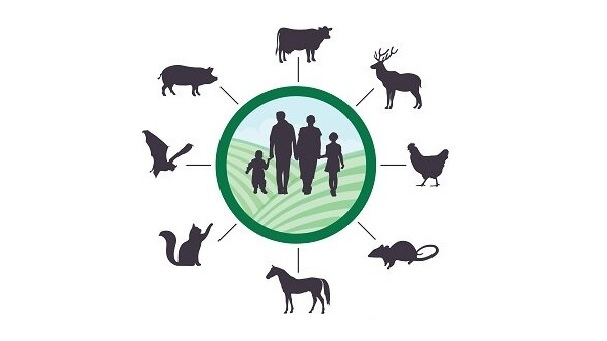Africa at risk of zoonotic diseases outbreak

The latest World Health Organisation (WHO) analysis has revealed a 63% increase in the number of zoonotic outbreaks in the African Region in the 10 years to 2022, compared to the previous decade.
A zoonotic disease is one that is passed on from animals to human beings, such as Monkeypox.
Addressing a press conference Thursday, WHO Regional Director for Africa, Dr Matshidiso Moeti said the zoonotic disease’s threat was severe on the continent.
“More than 60% of human infectious diseases, and more than 75% of emerging infectious diseases, are caused by pathogens shared with wild or domestic animals,”’ said Dr Moeti.
“They account for a substantial burden of disease, resulting in about a billion sick people, and millions of deaths globally every year. For Africa, the threat is severe. Indeed, new WHO analysis has revealed a 63% increase in the number of zoonotic outbreaks in the African Region in the 10 years to 2022, compared to the previous decade.”
She said one in every three confirmed public health events in the Region in the past decade was a zoonotic disease outbreak, with a significant spike in 2019 and 2020 when those diseases accounted for half of all public health events.
“A deeper dive reveals that Ebola and similar haemorrhagic fevers constitute nearly 70% of these outbreaks,” she said.
“The remainder include, among others, monkeypox, Dengue fever, anthrax and plague. Although there has been a notable increase in monkeypox cases since April this year, compared to the same period in 2021, the positive news is the numbers are still lower than for the 2020 outbreak peak, when the Region recorded its highest ever monthly cases.
Dr Moeti said following a sudden drop in 2021, 203 confirmed cases of monkeypox have been recorded in the Region since the beginning of the year.
“That means, confirmed cases,” she said.
“Available case-specific data for 175 of these cases shows that just over half the patients were men, with an average age of 17 years. However, Africa cannot be allowed to become a hotspot for emerging infectious diseases.”
She added: “It is true that infections originating in animals have been jumping to humans for centuries. But, as rising urbanization encroaches on the natural habitats of the continent’s wildlife, and the demand for food from an especially fast-growing population burgeons, the risk is heightened. The addition of improved road, rail and air links, which remove the natural barrier that poor transportation infrastructure provided, opens the way for the spread of zoonotic disease outbreaks from remote to urban areas.”






